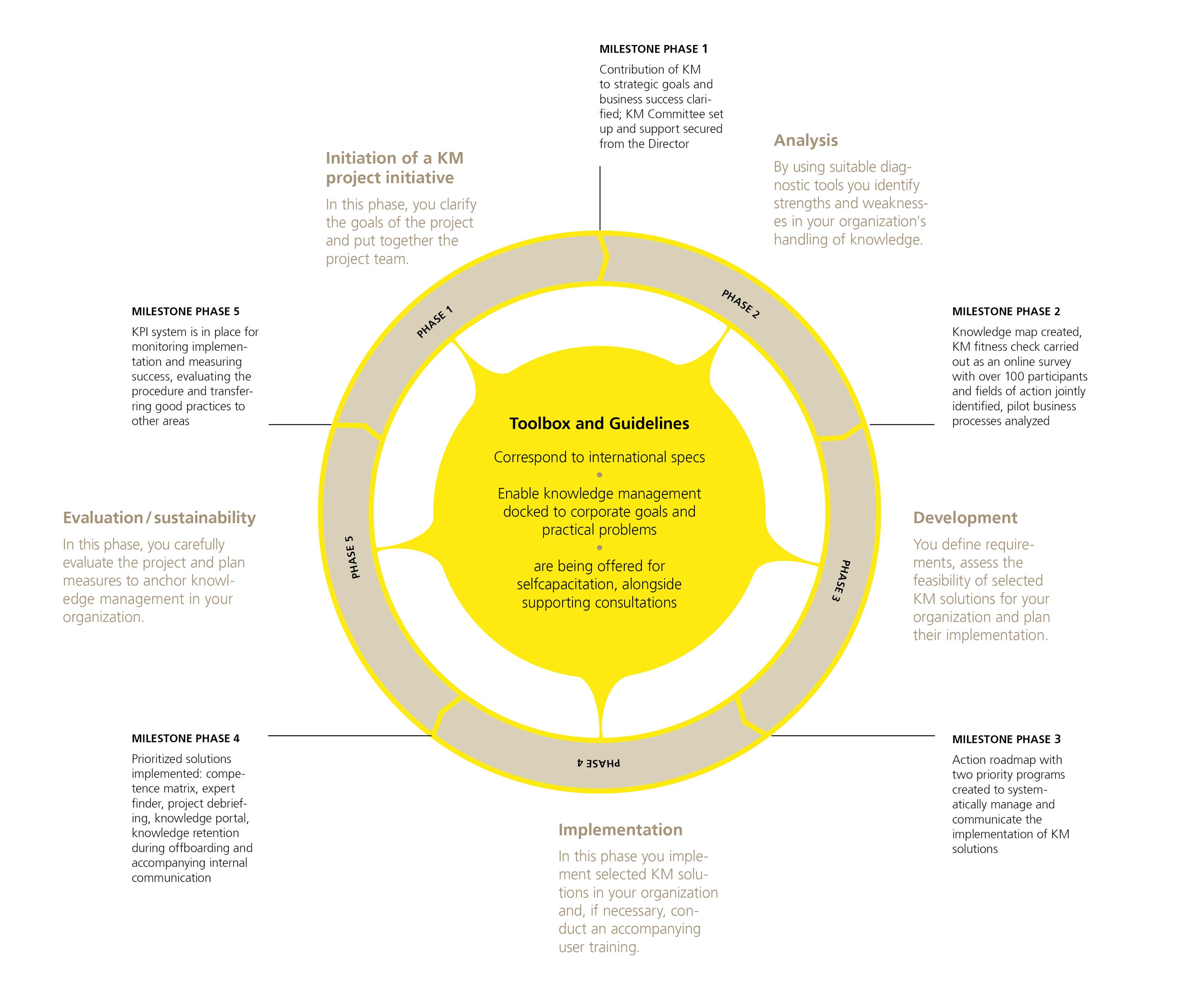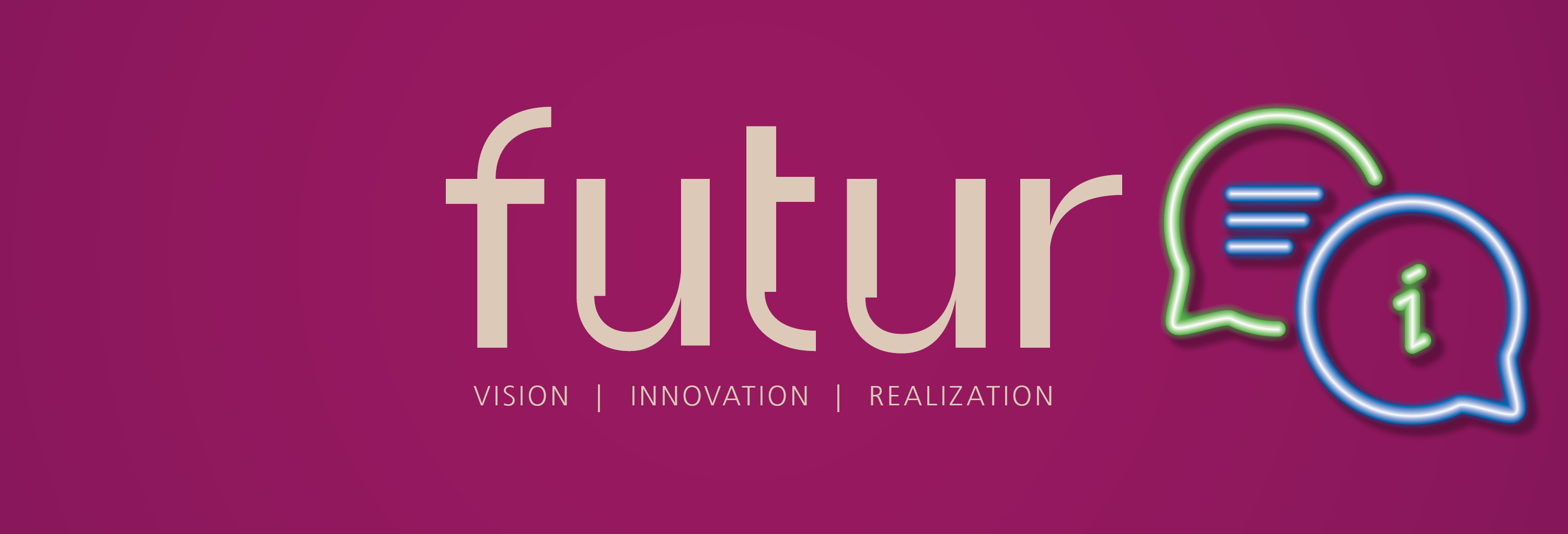How to Implement Knowledge Management

There are many reasons why establishing a well-thought out knowledge management strategy is in the best interest of companies and other organizations. The flexibilization of the job market leads to a higher fluctuation of employees. In order to not constantly have to rebuild expertise from scratch due to this ongoing staff turnover, companies need to make sure that their knowledge base is maintained in a systematic manner, independently of individual staff. This knowledge base is also the ideal common ground to build understanding between different units within an organization, such as the development, production and logistics units in a manufacturing company. If they all have access to the same sources of information, misunderstandings and mistakes can be avoided.
Scientists from Fraunhofer IPK, on behalf of their partners from the Brazilian Industry Training Service SENAI, have developed a framework to support companies on their way to a comprehensive knowledge management (KM). Their developed solutions, consisting of a toolbox and guidelines, are currently successfully being applied to SENAI innovation institutes across Brazil. This illustration highlights how the approach works and gives some examples for milestones from the pilot application at the SENAI innovation institute in Rio de Janeiro.
 Fraunhofer Institute for Production Systems and Design Technology
Fraunhofer Institute for Production Systems and Design Technology